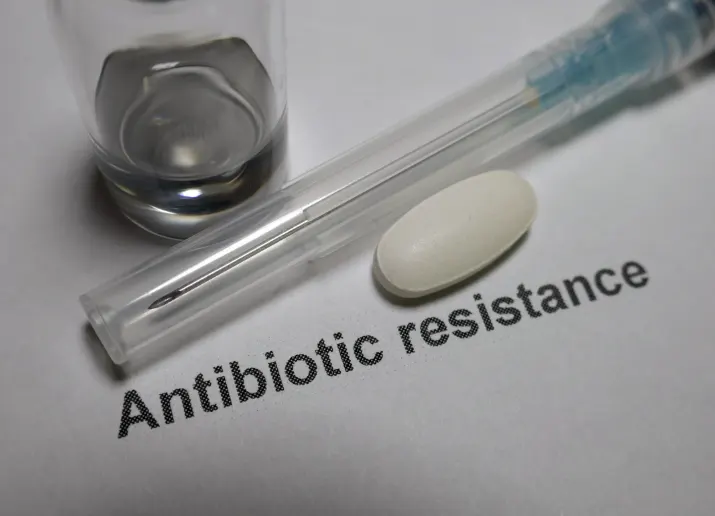Antibiotics have been a cornerstone of modern medicine, saving countless lives by combating bacterial infections. However, the overuse and misuse of antibiotics have led to a concerning rise in antibiotic resistance, rendering these crucial drugs less effective. Antibiotic resistance is a pressing global health issue that demands immediate attention, collaborative efforts, and innovative solutions. This article delves into the significance of antibiotic resistance, its causes, consequences, and potential strategies to combat this growing threat.
Understanding Antibiotic Resistance
Antibiotic resistance occurs when bacteria evolve and adapt to the drugs designed to kill them. Over time, bacteria develop mechanisms that make antibiotics ineffective, leading to infections that are difficult or impossible to treat. This phenomenon can occur naturally, but human activities, such as inappropriate antibiotic use in both humans and animals, accelerate its progression.
Causes and Contributing Factors
- Overprescription and Inappropriate Use: The improper use of antibiotics, including unnecessary prescriptions, incomplete treatment courses, and sharing of antibiotics, contributes significantly to resistance.
- Misuse in Agriculture: The use of antibiotics in livestock farming for growth promotion and disease prevention has led to the development of antibiotic-resistant bacteria that can spread to humans through the food chain.
- Lack of New Antibiotics: The development of new antibiotics has slowed down, leaving medical professionals with limited options to treat resistant infections.
Consequences of Antibiotic Resistance
- Increased Mortality: Resistant infections are harder to treat, leading to higher mortality rates for common illnesses such as pneumonia, urinary tract infections, and bloodstream infections.
- Prolonged Illness: Resistant infections often require longer hospital stays, more intensive treatments, and increased healthcare costs.
- Reduced Treatment Options: As resistance spreads, common antibiotics become ineffective, leaving healthcare providers with fewer treatment choices for bacterial infections.
Combatting Antibiotic Resistance
- Strengthening Awareness: Raising public awareness about the proper use of antibiotics, the importance of completing prescribed courses, and the risks of antibiotic resistance is essential.
- Improved Prescribing Practices: Healthcare professionals must adhere to appropriate prescribing guidelines, avoiding unnecessary antibiotic prescriptions.
- Enhanced Infection Control: Preventing infections in healthcare settings through effective hygiene practices and infection control measures can curb the spread of resistant bacteria.
- Promoting Research: Investing in research to discover new antibiotics, develop alternative treatments, and better understand the mechanisms of resistance is critical.
- One Health Approach: Coordinated efforts between human health, animal health, and environmental sectors can address the interconnected factors that contribute to antibiotic resistance.
Antibiotic resistance is a complex and urgent challenge that threatens the progress of modern medicine. Without swift and coordinated action on a global scale, we risk a future where common infections become life-threatening once again. By promoting responsible antibiotic use, investing in research, and implementing effective infection control measures, we can preserve the efficacy of antibiotics and ensure that these lifesaving drugs remain effective for generations to come. The fight against antibiotic resistance requires collaboration from individuals, healthcare professionals, policymakers, and researchers to secure a healthier future for all.

